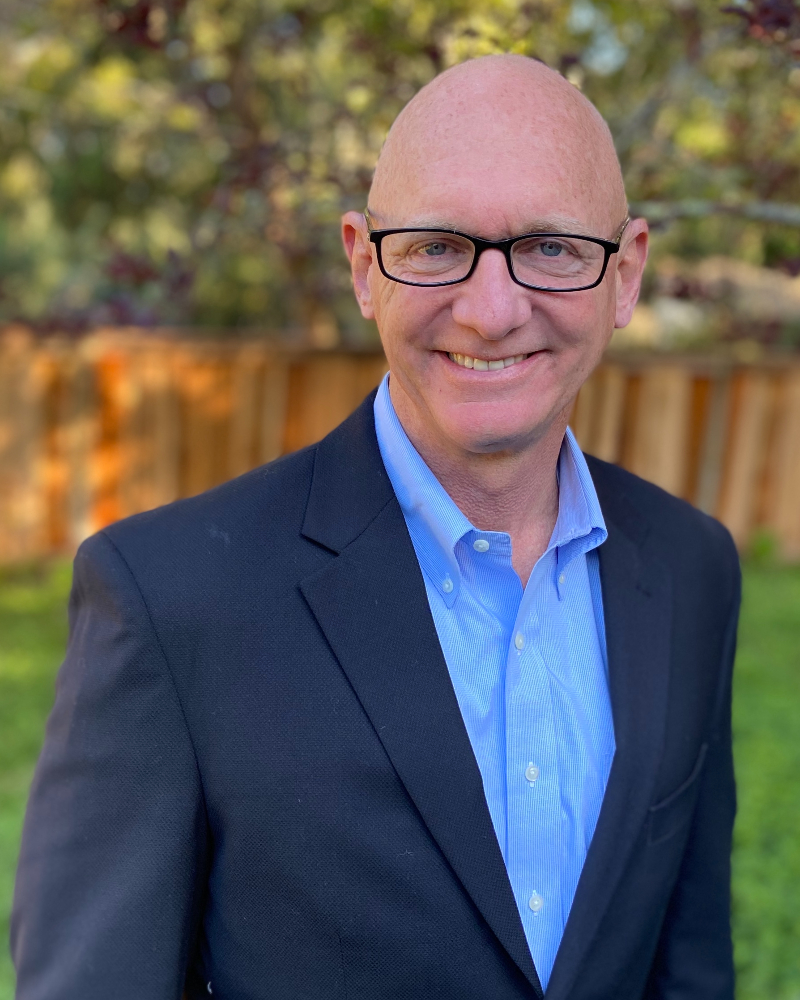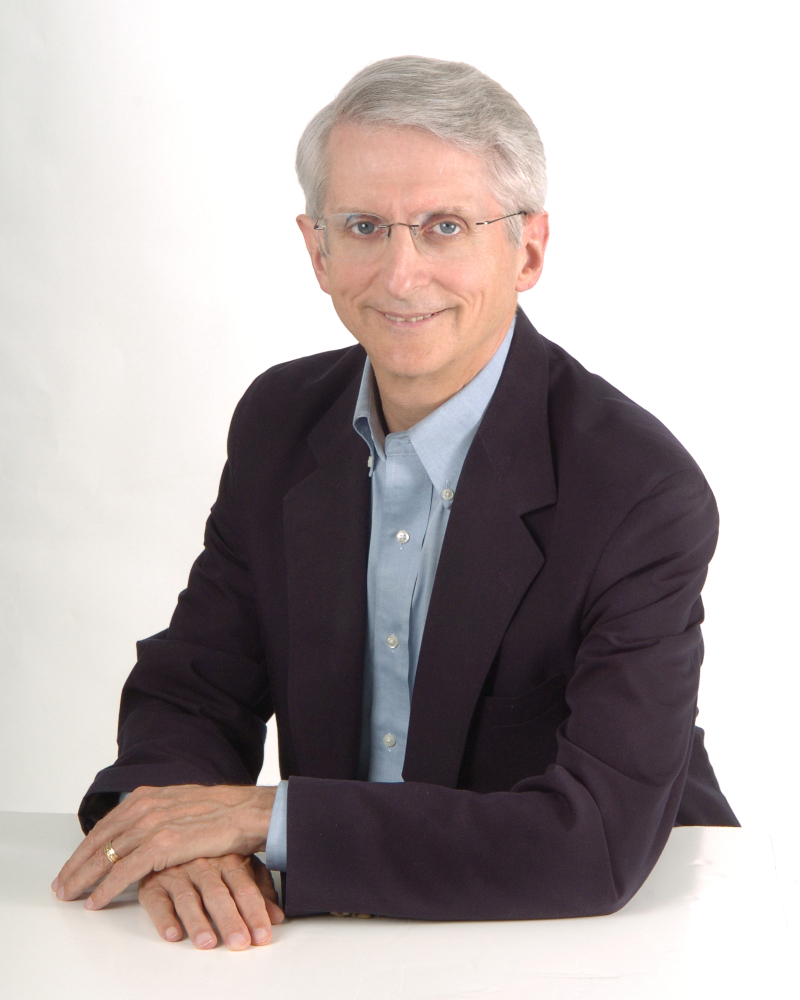Navigating a Restless Sea:
Basic Practices of
Everyday Innovation
with Peter Denning
& Todd Lyons
About the Virtual Course,
Starting on January 27th
Armed with an initial insight, an envisioning story, and an offer, an innovator will face a foggy ocean of uncertainty about how to reach the state of adoption in the community. This situation resembles that faced by the captain of a boat on a restless sea. The captain must navigate over and around unpredictable waves and must constantly adjust course to keep moving toward the port. The innovator’s sea is all the conversations taking place in the world, and language-action gives the tools — the eight practices of innovation — for adjusting the course.
The current story of innovation focuses on creativity and idea generation but has little to say on how to get ideas into practice. These courses introduce a new story based on innovation being adoption of new practices in a community. The new story opens a learnable and teachable skillset for bringing about adoption. You will learn and practice the skill set and how it enables you to deal with the issues above.
Who are these courses for?
- Leaders who feel stuck or not moving projects forward
- People who get excited about an idea and don’t know what to do next to make it happen
- People wanting to find their voice and move others to action
- People who want to pierce the fog of uncertainty when starting an important new project
- People who want to master the skills of bringing about adoption to impact sales
- Coaches who want to help their clients with the above issues
Join us for the first 6-week virtual course,
or sign up for both virtual courses and save!
Basic
Course
In the Basic Practices of Everyday Innovation course, you’ll be guided through the steps it takes to move from not having a clear innovation to move forward to the practices to start getting an innovation adopted.
These include:
- Listening and bringing forth a new possibility of value to a community
- Building the story for how the world would be better if your possibility was real
- Presenting proposed practices that lead us into
- A community that commits to trying a new practice for the first time
What is included in the syllabus?
- What is innovation?
- The sensing practice
- The envisioning practice
- The offering practice
- The adoption practices
- The paradox of the two faces of innovation
SESSION DATES:
- Jan. 27th, 2021
- Feb. 3rd, 2021
- Feb. 10th, 2021
- Feb. 17th, 2021
- Feb. 24th, 2021
- Mar. 3rd, 2021
All sessions will be held on Wednesdays from 6 pm – 7:30 pm ET / 3 pm – 4:30 pm PT.
Basic Course Price: $895
Advanced Course
Once you have completed the basic course, you can join us in the advanced course, where we will examine the more advanced leadership practices of innovators.
These include:
- Understanding the many somatic dimensions of the practices
- Navigation as an essential skill for moving through the fog of uncertainty faced by every innovator
- Mobilization of networks and movements behind your proposed innovation
- Integration with the language-action interpretations of the world
As with the basic practices, these advanced practices are for everyone aiming to produce change, not just business leaders.
What is included in the syllabus?
- Embodiment and skills acquisition
- The navigating practices
- The mobilzing practice
- Communicating effectively
- Leveraging social phenomena
- Growing your community with care
SESSION DATES:
- Mar. 17th, 2021
- Mar. 24th, 2021
- Mar. 31st, 2021
- Apr. 7th, 2021
- Apr. 14th, 2021
- Apr. 21st, 2021
All sessions will be held on Wednesdays from 6 pm – 7:30 pm ET / 3 pm – 4:30 pm PT.
Bundle Price: $1,600
(Savings of $190)
Meet the Facilitators

Col (Ret) Todd Lyons,
IGL US Faculty
Col (Ret) Todd Lyons serves as the Vice President for the NPS Alumni Association and Foundation. In this role, he bridges the divide between industry, academia, and DoD entities to accelerate the responsiveness of NPS to the challenges arising from great power competition and emerging technology. Todd also serves as a volunteer instructor for Innovation Leadership at NPS.
Prior to coming to the foundation, Todd served in the Marine Corps for 30 years. In his last assignment, he served as the Senior Marine Representative and the Associate Dean of Research at the Naval Postgraduate School. In those roles, he connected the work of students and faculty to the operational challenges of the Marine Corps, the Navy, and the broader DoD. As an innovation leader, he leveraged the research at NPS and the operational experiences of the students to drive the adoption of new practices across the Naval Services.
Todd Lyons earned a Master of Arts with honors in National Security Affairs from the Naval Postgraduate School. He earned a Master of Science degree from the University of Haifa and was the Honor Graduate from the Israeli National Defense College in 2007.

Dr. Peter Denning,
IGL US Faculty
Peter Denning was fascinated with science from an early age and began building electronic circuits as a teenager. His algebraic computer built from pinball machine parts won the science fair in 1959, launching him into the new field of computing. A decade later, at MIT’s Project MAC for his doctorate, he took on the gnarly performance problem of the nascent virtual memory technology. Instabilities with thrashing and replacement algorithms threatened to scuttle that technology. He invented the Working Set Model, which immunized operating systems to thrashing and maximized system throughput. His solutions to these problems are widely used today in operating systems from desktops to smartphones. He is widely known as a virtual memory and computer systems performance pioneer.
He became an educator and taught computer science at Princeton, Purdue, NASA-Ames, George Mason University, and Naval Postgraduate School. At NASA-Ames, he established RIACS as one of the nation’s leading centers in computation science, working on high performance computing, telescience, and neural networks. In the early 2000s, he established the Great Principles of Computing Project, which seeded a major reform of computing education. He co-founded the CSNET, the first community network to use the Internet technology, leading the transition to the modern Internet.
Join us January 27, 2021 at 6 pm ET / 3 pm PT!
Day(s)
:
Hour(s)
:
Minute(s)
:
Second(s)
Ready to get started?
Join both courses!
(save $190)
Want to talk first?
